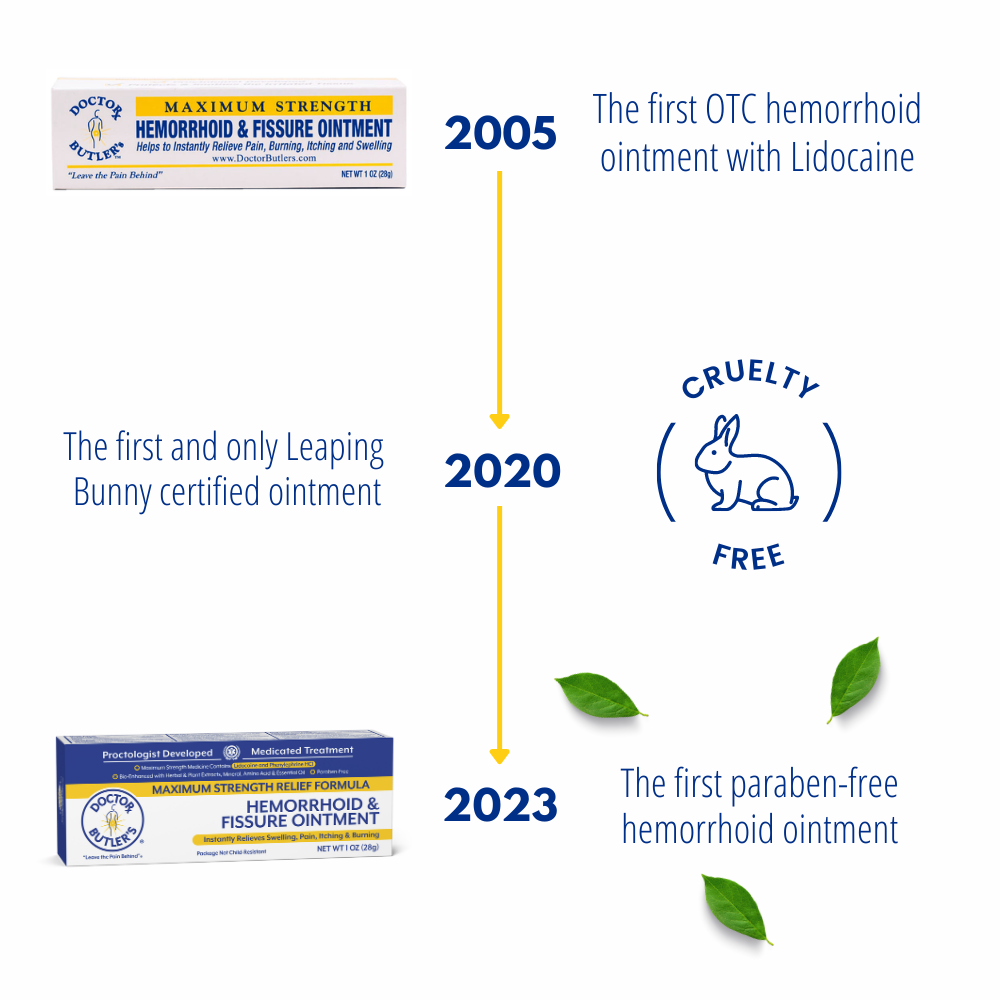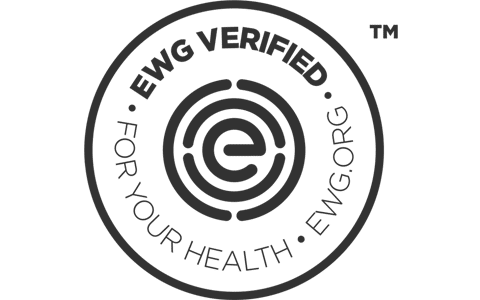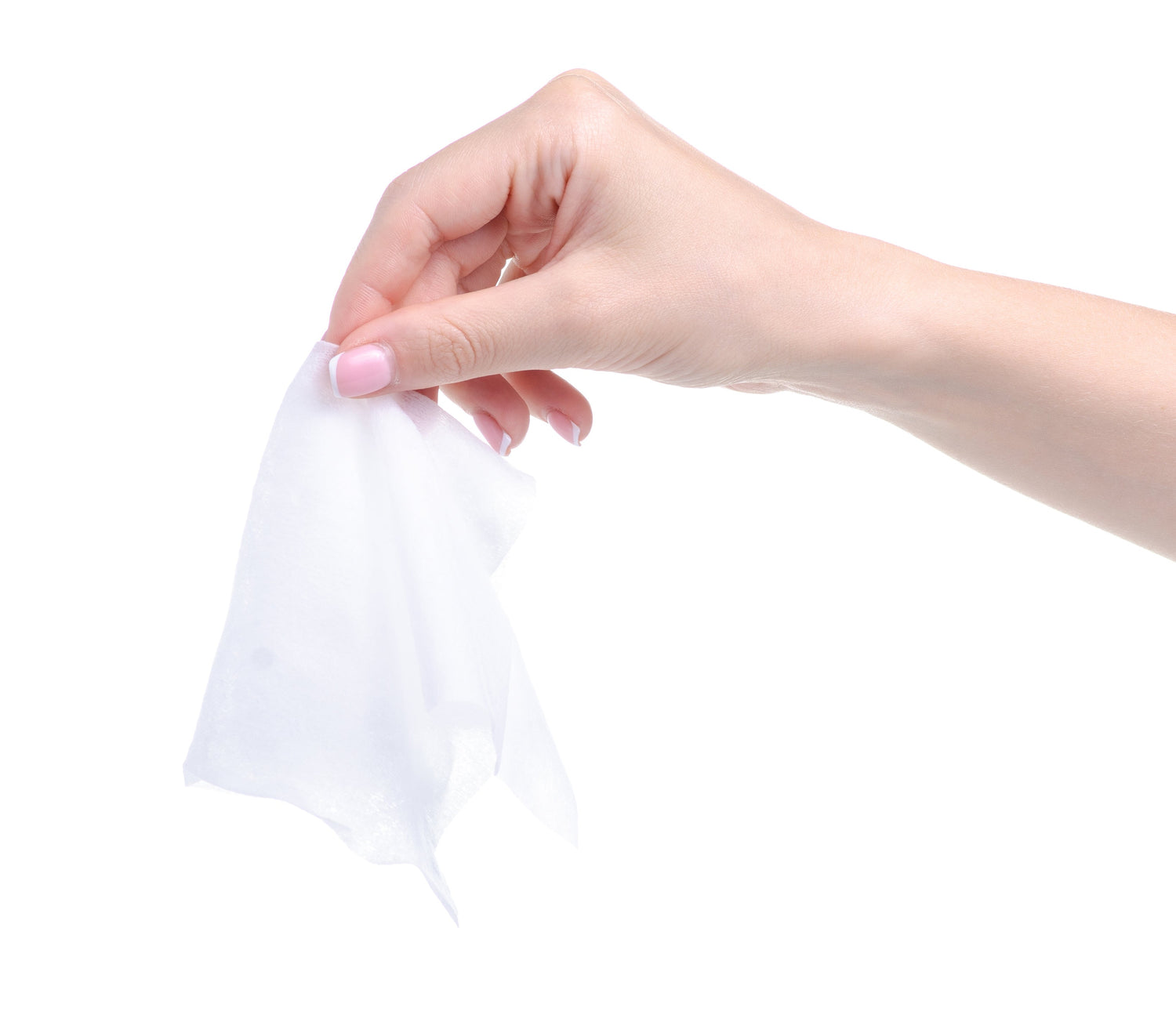

Leave The Pain Behind® with our industry leading ointment, healing bundles, and more
Doctor Butler’s only focuses on down there care: our well loved hemorrhoid creams, convenient sprays, wipes, seat cushions and more help you treat, cleanse and soothe your sensitive areas.
Award winning & industry certified
-

All paraben free formulas
-

Best overall OTC hemorrhoid treatment, 2023
-

Best hemorrhoid treatment according to experts, 2023
-

8 best baby wipes, 2020
-

Cruelty-free certified
Shop by solution
-

Hemorrhoid & Fissure Products
Over-the-counter treatments and soothing relief for hemorrhoids
-

Pregnancy & Postpartum Care Products
Proctologist developed pregnancy & baby care essentials, from hemorrhoid treatments to organic...

About Doctor Butler's
Doctor Butler’s was started more than a decade ago by Dr. Robert Cutler, a specialist in the field of Proctology and a practicing physician of more than 30 years. His patients wanted one thing: a better ointment for their hemorrhoids. So, instead of sending them home with his usual treatment plan consisting of 4 or 5 different ointments, he developed his own formula and found it worked better than the multi-cream combinations ever did. From this, Doctor Butler’s was born.
Felt relief right away and it shrunk my hemorrhoids too. I was surprised it did both so well and I’m happy I tried it. Thank you!
The most effective OTC treatment I’ve found so far. Will definitely be buying more.
Other creams work ok. This cream works great. Many ointments have Lidocaine, as does Doctor Butler’s, but Dr. B’s formula worked better for me than the other ointments I’ve tried. I’m so happy to get relief like this.








